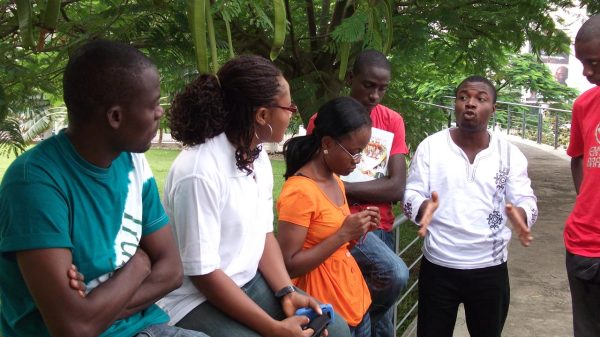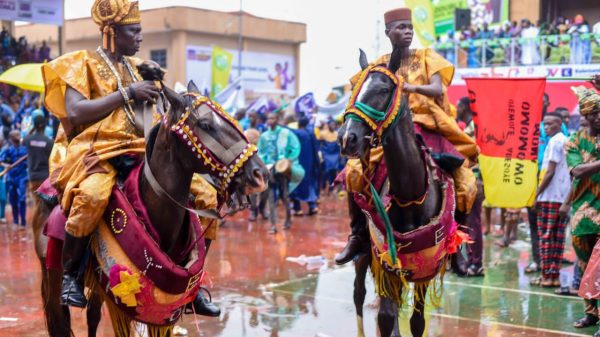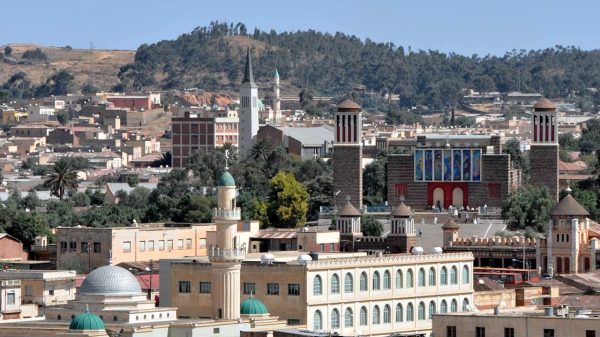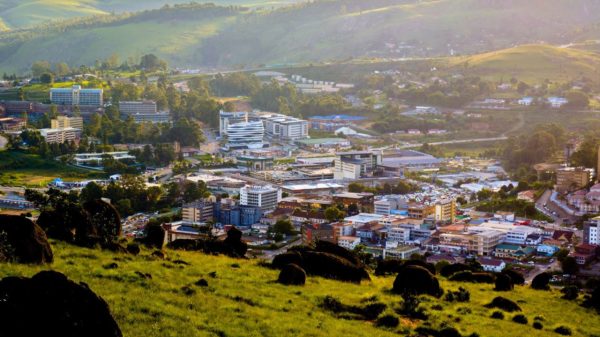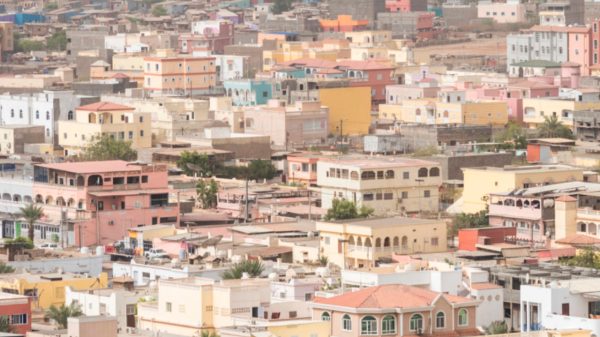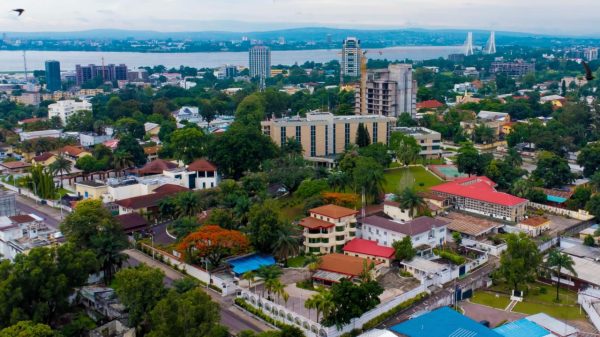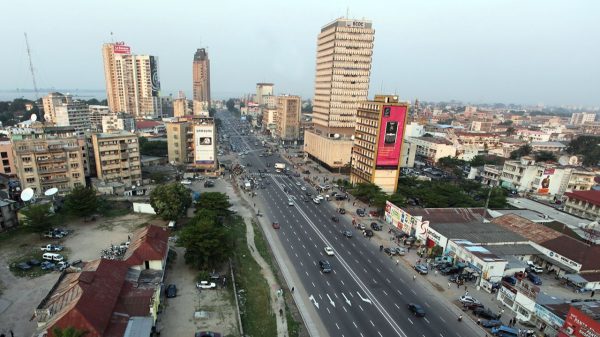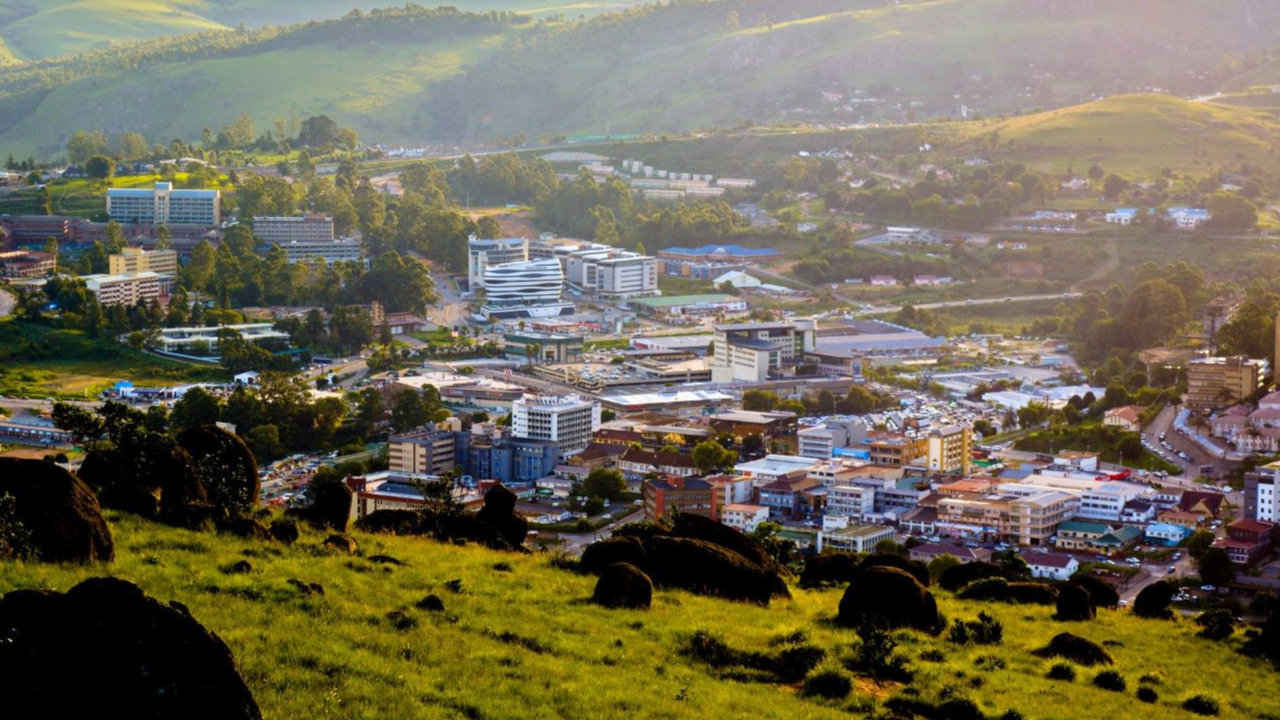Between South Africa and Mozambique, Eswatini is a small yet culturally rich nation in Southern Africa.
Formerly known as Swaziland, this landlocked country is renowned for its vibrant traditions, unique governance, and breathtaking landscapes. Despite its modest size, Eswatini boasts a distinct identity, being one of the few remaining absolute monarchies in the world. The nation’s commitment to preserving its heritage is evident in its festivals, attire, and customs. From the royal ceremonies to the rhythmic dances, Eswatini offers a glimpse into a society where tradition and modernity coexist. Here are eight intriguing facts about Eswatini that shed light on its unique character and enduring legacy.
1. Eswatini: Africa’s Last Absolute Monarchy
Eswatini holds the distinction of being Africa’s last absolute monarchy. King Mswati III, who ascended the throne in 1986 at the age of 18, wields comprehensive authority over the nation’s executive, legislative, and judicial branches. This centralized power structure means that the king governs by decree, appoints key government officials, and has significant influence over the nation’s direction. While there is a parliamentary system in place, its role is largely advisory, with political parties banned since 1973. Elections occur every five years, but candidates run as independents, and the king retains the power to appoint a portion of the parliament. This unique governance model has been a subject of both domestic and international scrutiny, especially concerning issues of political freedom and human rights. Despite calls for reform, the monarchy remains a central and enduring institution in Eswatini’s national identity.
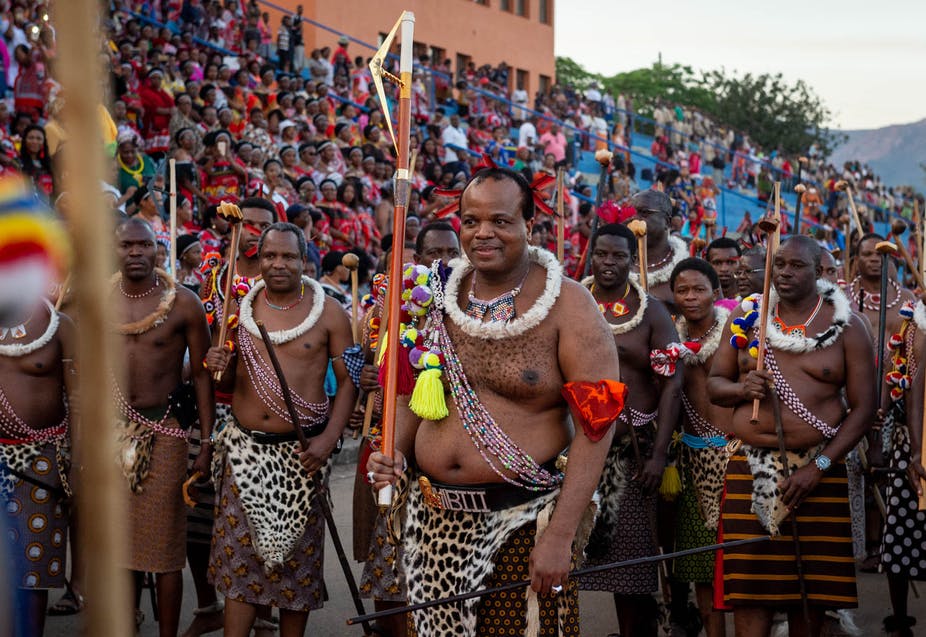
2. A Name Rooted in Tradition: From Swaziland to Eswatini
In 2018, King Mswati III announced the renaming of the country from Swaziland to Eswatini, meaning “land of the Swazis” in the local siSwati language. This change was made during the celebration of the king’s 50th birthday and the nation’s 50th year of independence. The decision aimed to shed remnants of colonial influence and reaffirm the country’s cultural heritage. The name “Swaziland” was a blend of English and siSwati, whereas “Eswatini” reflects a purely indigenous identity. Additionally, the change sought to eliminate confusion with Switzerland on the international stage. The renaming process involved updating official documents, currency, and signage, marking a significant step in the nation’s journey towards cultural reclamation and self-definition.
3. The Umhlanga Reed Dance: A Celebration of Culture and Purity
The Umhlanga, or Reed Dance, is one of Eswatini’s most prominent cultural events, held annually in late August or early September. This vibrant ceremony involves thousands of unmarried and childless young women from across the country gathering to honor the queen mother. Participants dress in traditional attire, sing, and dance, carrying reeds as symbols of purity and unity. The event serves multiple purposes: it reinforces cultural values, promotes solidarity among women, and offers a platform for the king to choose a new wife, as per tradition. In recent years, the ceremony has also attracted tourists, providing a glimpse into Eswatini’s rich heritage. While celebrated for its cultural significance, the Umhlanga has also faced criticism from human rights groups concerned about the age and autonomy of participants. Nonetheless, it remains a cornerstone of Eswatini’s cultural calendar.
4. A Nation of Contrasts: Wealth Amidst Poverty
Eswatini presents a stark contrast between the opulence of its monarchy and the economic challenges faced by its citizens. King Mswati III is known for his lavish lifestyle, including a fleet of luxury cars, multiple palaces, and frequent international trips. In contrast, a significant portion of the population lives below the poverty line, with limited access to quality healthcare, education, and employment opportunities. The nation also grapples with one of the highest HIV prevalence rates globally, further straining its healthcare system. This disparity has led to domestic unrest and calls for governmental reform. In 2021, pro-democracy protests erupted, demanding greater political freedom and accountability. The government’s response, involving security crackdowns, drew international condemnation. The juxtaposition of royal extravagance and widespread poverty continues to be a focal point in discussions about Eswatini’s future.
5. A Rich Tapestry of Culture and Tradition
Eswatini’s cultural landscape is a vibrant tapestry woven with traditions, ceremonies, and artistic expressions. Beyond the Umhlanga, the Incwala ceremony stands out as a significant event, symbolizing the renewal of kingship and national unity. Traditional attire, characterized by colorful fabrics and intricate beadwork, is commonly worn during festivals and daily life, reflecting pride in cultural identity. Music and dance are integral, with rhythmic performances often accompanied by drums and traditional instruments. Handicrafts, such as weaving and carving, showcase the nation’s artistic prowess and are vital to the local economy. These cultural elements are not only expressions of heritage but also serve as tools for education and social cohesion. Efforts to preserve and promote these traditions are evident in community programs and national policies, ensuring that Eswatini’s rich cultural legacy endures for future generations.
6. Breathtaking Landscapes and Biodiversity
Despite its small size, Eswatini boasts a diverse range of landscapes, from rolling savannas to lush forests and mountainous regions. This geographical variety supports a rich biodiversity, including numerous species of flora and fauna. Protected areas like Hlane Royal National Park and Mlilwane Wildlife Sanctuary offer glimpses of wildlife such as lions, elephants, and antelopes in their natural habitats. These reserves play a crucial role in conservation efforts and are popular destinations for eco-tourism. The country’s commitment to environmental preservation is evident in its policies and community-based initiatives aimed at sustainable development. Adventure seekers can explore hiking trails, waterfalls, and panoramic vistas, making Eswatini a hidden gem for nature enthusiasts. The harmonious coexistence of people and nature underscores the nation’s respect for its environmental heritage.
7. Language and Identity: The Role of siSwati
Language is a cornerstone of Eswatini’s national identity, with siSwati and English serving as official languages. SiSwati, a Bantu language, is spoken by the majority and is integral to cultural expression, education, and daily communication. It is taught in schools and used in government proceedings, media, and literature. The preservation and promotion of siSwati are seen as vital to maintaining the nation’s cultural integrity. Efforts include language development programs, translation of official documents, and encouragement of its use in various sectors. English, inherited from colonial times, remains important for international relations and business. The bilingual nature of Eswatini reflects its historical journey and contemporary aspirations, balancing tradition with global engagement.
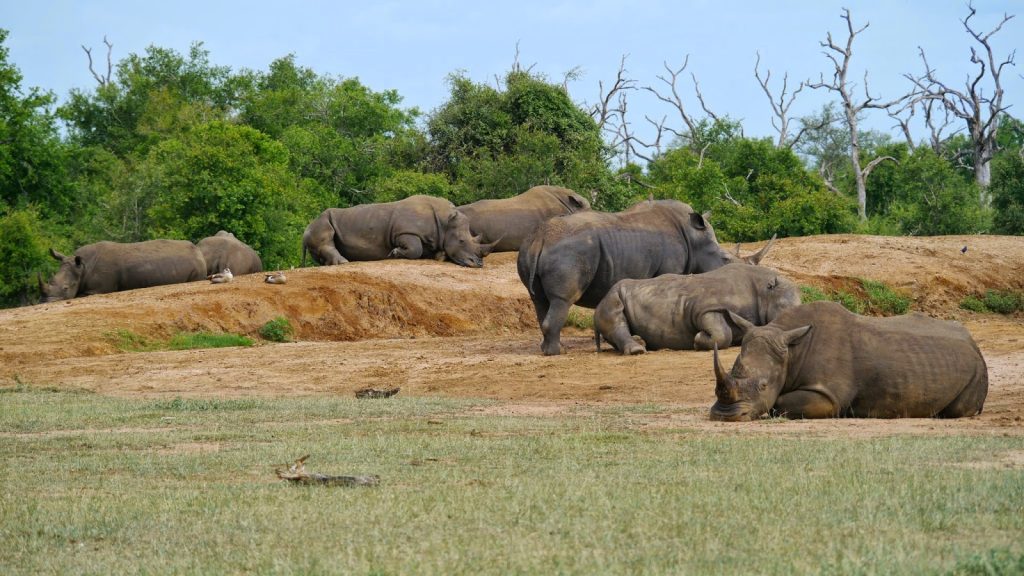
8. Navigating Modern Challenges: Health and Development
Eswatini faces several modern challenges, particularly in health and socio-economic development. The country has one of the highest HIV/AIDS prevalence rates globally, impacting life expectancy and workforce productivity. In response, the government, in collaboration with international organizations, has implemented comprehensive programs focusing on prevention, treatment, and education. These efforts have led to notable progress, including increased access to antiretroviral therapy and a decline in new infections. However, challenges remain, such as stigma, healthcare infrastructure, and funding. Beyond health, Eswatini strives to diversify its economy, reduce unemployment, and improve education. Initiatives include investment in agriculture, tourism, and manufacturing sectors. Addressing these issues is crucial for the nation’s sustainable development and the well-being of its citizens.
Eswatini is a nation where tradition and modernity intersect, offering a unique perspective on governance, culture, and resilience. Its rich heritage, coupled with the challenges it faces, paints a complex yet fascinating portrait of a country striving to honor its past while navigating the demands of the present. Understanding Eswatini requires an appreciation of its deep-rooted customs, the dynamics of its monarchy, and the aspirations of its people for a prosperous and inclusive future.
Subscribe to our Newsletter
Stay updated with the latest trends in African Pop Culture!


